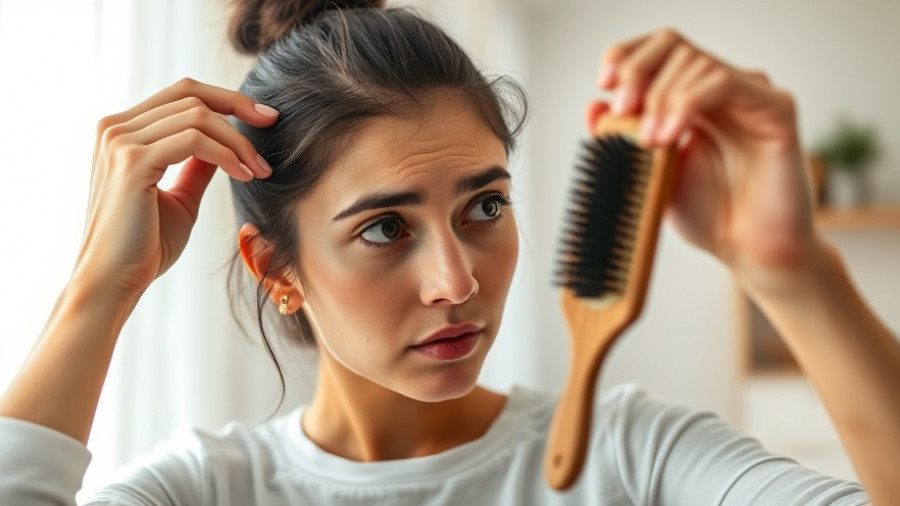
Understanding Eczema: A Common Condition with Deep Roots
Eczema, prevalent among 20% of children and 10% of adults globally, is more than just a skin ailment; it is a distressing condition that involves inflammation and a compromised skin barrier leading to significant discomfort. In India, environmental stressors such as climate change and pollution have led to a noted increase in reactive skin disorders, with reports indicating that up to 40% of individuals are affected.
The Role of Skin Barrier in Eczema Management
Healthy skin acts as a shield, retaining moisture while keeping irritants at bay. However, in those with eczema, this barrier is often dysfunctional, leading to increased sensitivity, heightened irritability, and moisture loss. Genetic mutations, particularly in the filaggrin gene, are significant contributors to this skin barrier failure, making proper skin management crucial.
What Are Colloidal Oatmeal and Ceramides?
Colloidal oatmeal, a finely ground oatmeal that dissolves in water, has been a trusted skincare remedy for centuries. According to Dr. Rickson Pereira, a dermatologist, this natural skin soother boasts anti-inflammatory properties and skin-loving nutrients including proteins, lipids, and avenanthramides. With scientific backing, research demonstrates that colloidal oatmeal is effective in reducing itching and maintaining skin hydration.
Ceramides, which are fats naturally present in the skin, play a similar yet complementary role by reinforcing the skin barrier. They help maintain moisture and protect against irritants. Unfortunately, levels of ceramides are frequently lower in individuals with eczema, leading to an exacerbation of dryness and irritation.
Research Insights: The Synergy Between Colloidal Oatmeal and Ceramides
Combining colloidal oatmeal with ceramides is a powerful strategy against eczema. Studies reveal that this combination not only alleviates symptoms but also fosters skin repair. An intriguing finding shows a 70% increase in ceramide levels after the inclusion of oat oil in treatment, illustrating how these ingredients work synergistically to combat skin barrier issues.
Practical Tips for Incorporating Oatmeal and Ceramides into Your Routine
Achieving effective eczema management requires a proactive skincare approach. Look for moisturizers that contain both colloidal oatmeal and ceramides; these formulations support inflammation reduction and skin barrier fortification. Additionally, consider oatmeal baths as a soothing measure: simply grind oatmeal into a fine powder and mix it with lukewarm water.
Broader Implications of Eczema on Mental Well-Being
The physical effects of eczema extend into emotional and psychological realms. The incessant itching and visible irritation can lead to anxiety and frustration, impacting social interactions and overall well-being. Awareness and understanding of the condition can foster better support and care strategies, enhancing the quality of life for those affected.
Complementary Approaches: Lifestyle Adjustments for Eczema Sufferers
Beyond topical treatments, adopting certain lifestyle changes can further alleviate eczema symptoms. Dietary adjustments, stress management, and ensuring hydration can play significant roles in improving skin health. Engage in mindfulness practices and consider dietary sources rich in omega fatty acids to support overall skin integrity.
Wrap-Up: Taking Charge of Your Eczema Journey
Through education and empowerment, individuals managing eczema can find the right mix of products and practices that suit their skin's unique needs. Don’t hesitate to consult with a dermatologist for personalized advice tailored to your lifestyle.
For readers eager to learn more about eczema care and the benefits of colloidal oatmeal and ceramides, explore our detailed resources and feel confident in prioritizing your skin health!
 Add Row
Add Row  Add
Add 




Write A Comment